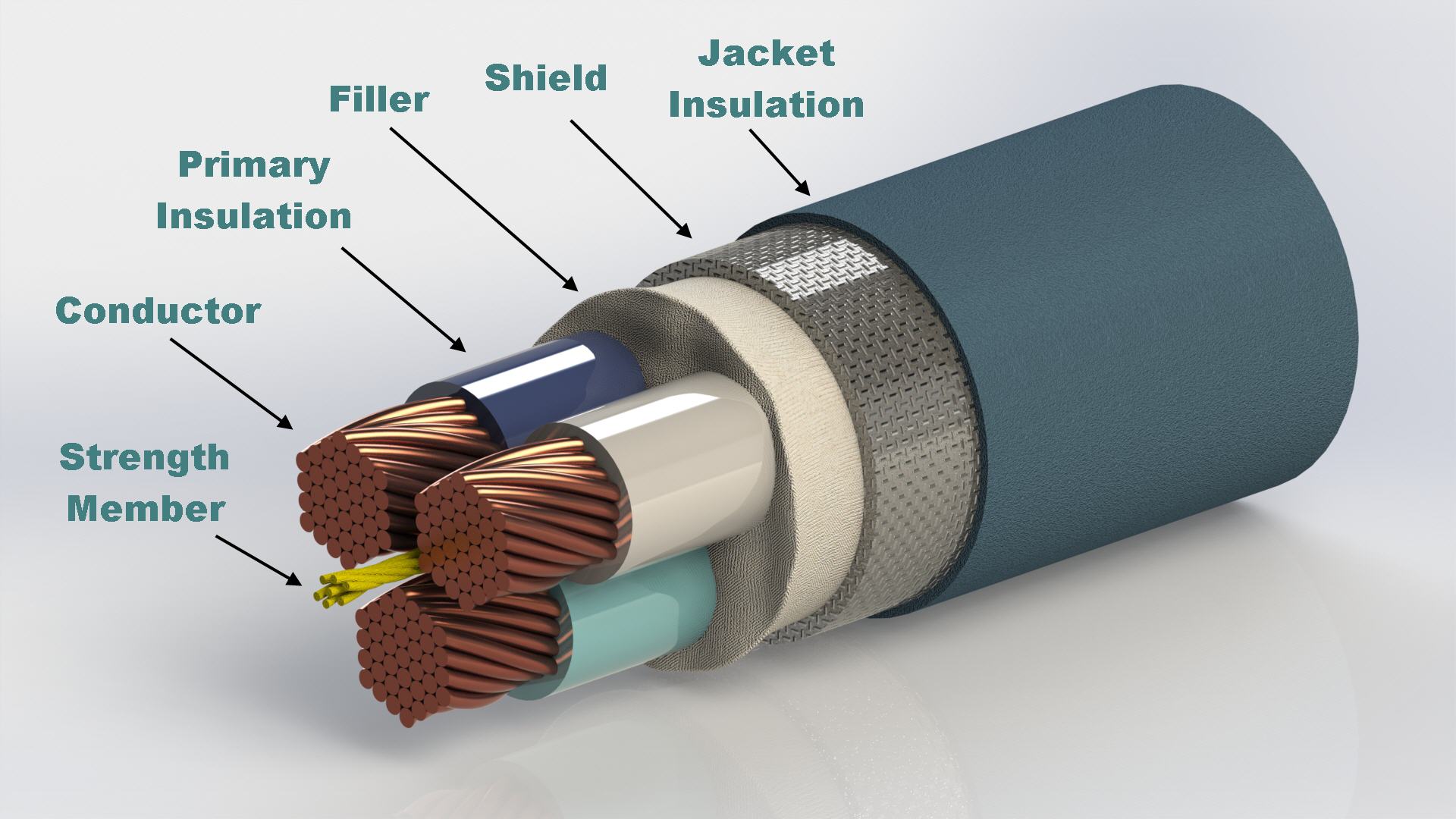The life and satisfactory operation of a cable depends to a great extent upon the characteristics of the insulation employed. So the proper choice of the insulating material for the cables is considerably important.
The main requirements of the insulating materials used for the cable are:
- High insulation resistance to avoid leakage current
- High dielectric strength to avoid electrical breakdown of cable
- Good mechanical properties (tenacity and elasticity). Good tenacity is required in the materials to withstand the mechanical handling of the cables
- Immune to attacks by acids and alkalies, over a range of temperature of about -18oC to 94oC
- Non hydroscopic because the dielectric strength of any material goes very much down with the moisture content. In case of insulator is hydoscopic, it must be enclosed in a water tight covering like lead sheath etc
- Non inflammable
- Low coefficient of thermal expansion
- Low permittivity
- Capable of withstanding high rupturing voltage
No one insulating material possesses all the above mentioned qualities. So the type of insulating material used in a cable depends upon the service for which the cable is required. The various insulating materials used in manufacturing of cables are rubber, VIR, paper, Polyvinyl Chloride (PVC), Varnished Cambric, Polyethylene, Gutta-Percha, Silk, Cotton, enamel etc.










